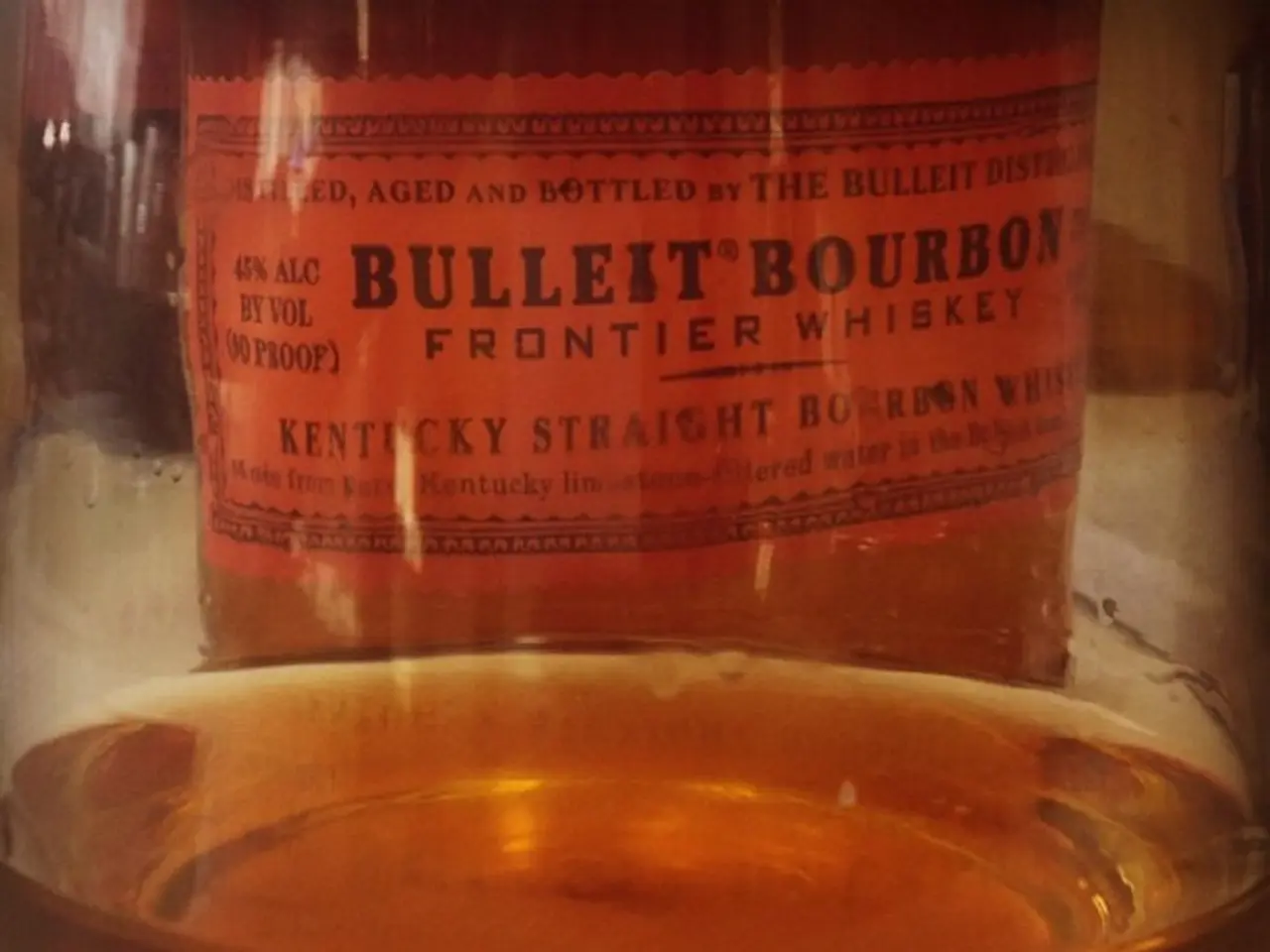Vital Statistics Related to Vodka Consumption
In the world of mixology, vodka is a versatile liquor that is often the base for a multitude of cocktails. However, when it comes to understanding the nutritional content of these popular drinks, the picture can be a bit murky.
Firstly, it's important to note that vodka, on its own, does not contain sugar, protein, fat, vitamins, minerals, antioxidants, or any significant trace impurities. It is a clear liquor made from fermented grains like rye or wheat, or potatoes.
However, the landscape changes when we delve into flavoured vodkas. These beverages can contain added sugar, making them a potential source of significant calories. For instance, the flavoured vodka brand '24 ICE - VODKA ENERGY ICE & ALCOHOL' offers a relatively lower-calorie option, with only 86 calories per 65 ml serving and 5% alcohol.
The exact calorie and sugar counts for each brand and flavour of vodka cannot be known without directly contacting the manufacturer. This lack of transparency can make it challenging for consumers to make informed decisions about their alcohol intake.
In the U.S., vodka must be at least 80 proof, meaning it contains at least 40% alcohol. This translates to 7 calories per gram from alcohol. A 1.5 ounce shot of plain, unflavoured vodka contains 97-124 calories, depending on its proof.
When it comes to mixed drinks, the nutritional content can be more complex due to added ingredients. For example, a vodka and diet soda would contain only the calories from the vodka, with no added sugar or calories.
It's worth noting that nutrition labels and ingredient lists are not required for vodka or flavoured vodkas. This means that consumers often have to embark on an internet scavenger hunt to find the nutrition facts for their favourite brands.
In contrast, the Alcohol and Tobacco Tax and Trade Bureau (TTB) regulates alcohol, not the Food and Drug Administration (FDA). The FDA does not regulate vodka nutrition information, and the TTB does not require nutrition facts or ingredient labels on alcoholic drinks.
Despite this, some brands like Smirnoff provide information about their products. For instance, Smirnoff brand flavoured vodkas may contain sugar, while their Zero Sugar Infusions line does not.
In conclusion, while vodka is a relatively low-calorie alcohol, the nutritional landscape becomes more complex when we consider flavoured vodkas and mixed drinks. Consumers are encouraged to do their research and contact manufacturers for the most accurate information.
Read also:
- Abu Dhabi initiative for comprehensive genetic screening, aiming to diagnose over 800 conditions and enhance the health of future generations in the UAE.
- Elderly shingles: Recognizing symptoms, potential problems, and available treatments
- Protecting Your Auditory Health: 6 Strategies to Minimize Noise Damage
- Exploring the Reasons, Purposes, and Enigmas of Hiccups: Delving into Their Origins, Roles, and Unsolved Aspects





